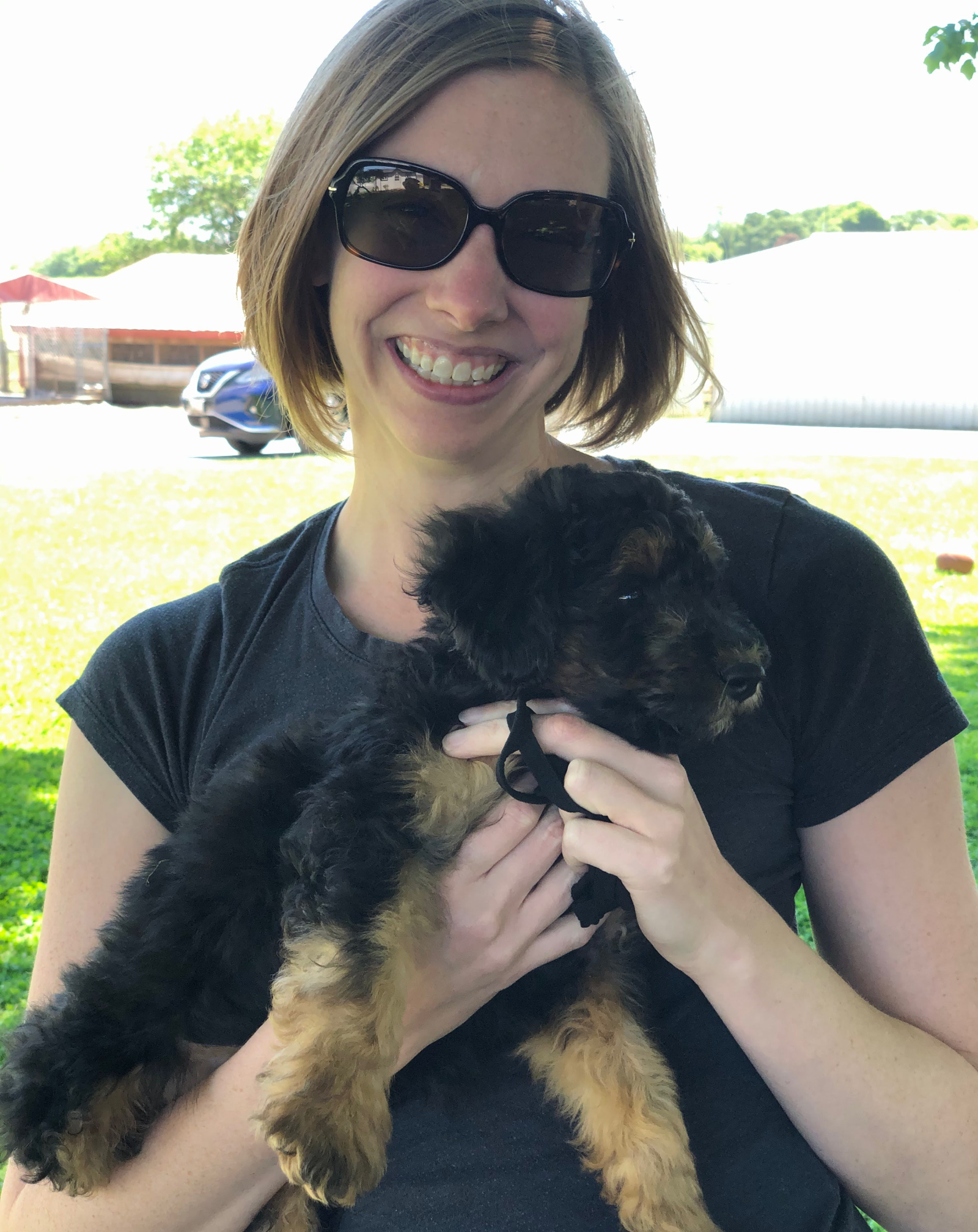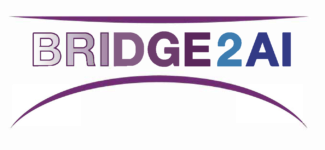Charter: This working group supports the GCs and Bridge Center to enable team science across the Consortium, building synergies that empower members to work effectively in a cross-disciplinary environment by implementing a dynamic suite of evidence-based approaches that foster collaboration. It is also tasked with supporting the consortium in executing Plans for Enhancing Diverse Perspectives.
The role of the Bridge2AI Teaming and Collaboration working group is to facilitate the development of a team identity and a shared mental model of how Bridge2AI will work across a diverse and inclusive Bridge2AI. We will achieve this using the 10 foundational pillars of team science [1]:
- Trust
- Self-awareness
- Vision
- Leadership
- Mentoring
- Communication
- Conflict and disagreement
- Team evolution and dynamics
- Recognition and sharing success
- Navigating and leveraging networks/systems
The Teaming and Collaboration working group will lead the collaborative development and annual revision of the Bridge2AI governance process, the creation and dissemination of toolkits for best research practices, facilitate matchmaking and training, and foster leadership and successful teaming across Bridge2AI. Each of these activities will be monitored and evaluated using evidence-based strategies to ensure that interventions are effective and all voices are heard.
Our goal is to promote authentic, transdisciplinary research that brings together stakeholders across disciplines in the pursuit of new knowledge. In this collaboration, all disciplines are valued equally and all researchers understand that they are contributors and learners at different moments along the research trajectory. The Teaming and Collaboration working group will produce empirically tested models for teaming success and intervention strategies for common teaming challenges. The teaming toolkit and mentoring strategies will build on existing work in the field to create best practices specifically for AI-focused consortia. The cyclical monitoring, evaluation, and implementation of teaming strategies will provide empirical evidence of the impact of these strategies on research success.
[1] Collaboration and Team Science Field Guide – Center for Research Strategy. In: National Cancer Institute [Internet]. 2018 [cited 15 Jan 2020]. Available: https://www.cancer.gov/fieldguide
Who We Are

Lead
Sage Bionetworks

Team Science Governance
Sage Bionetworks

Evaluator
University of Colorado, Denver

Evaluator
University of Colorado, Denver

Project Manager
University of North Carolina

Stanford School of Medicine

Stanford School of Medicine

Stanford University

Senior Research Scientist
Sage Bionetworks

Massachusetts General Hospital

Massachusetts General Hospital

University of Florida

University of Alabama at Birmingham

University of Alabama at Birmingham

University of Alabama at Birmingham

University of Texas at Austin

NIH Project Scientist
NIH National Institute of
Biomedical Imaging and Bioengineering

NIH Program Officer
NIH

NIH Project Scientist
NIH

University of South Florida
